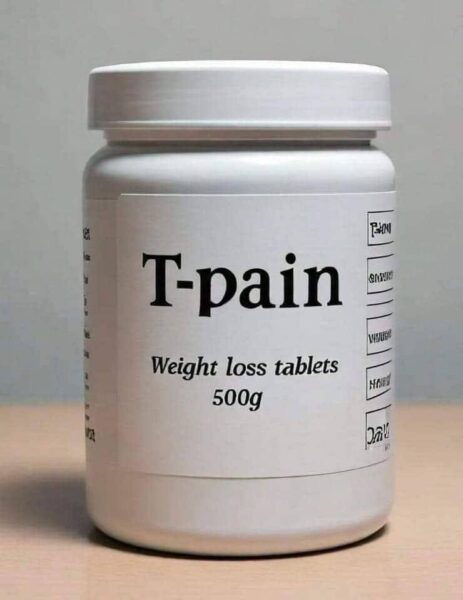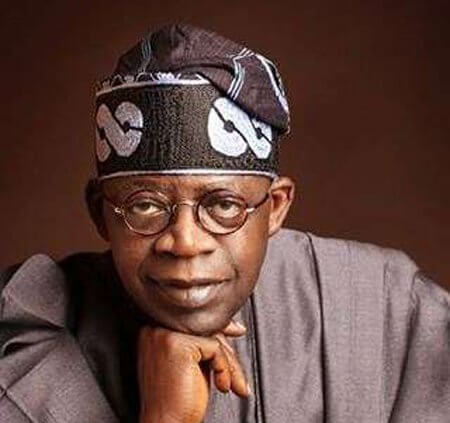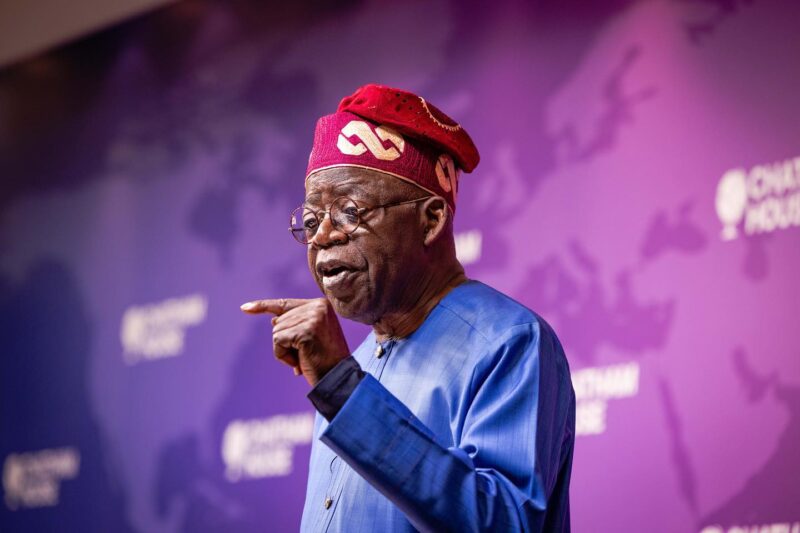National Issues
T-Pain Weight Loss Drug: A Satirical Take On Atiku’s Dig At Tinubu Takes Social Media By Storm -By Isaac Asabor
The trending meme of T-Pain on social media has sparked widespread conversations, and surprisingly, it’s contributing to the health of democracy. Memes, as lighthearted as they seem, have become a powerful tool for political discourse. The T-Pain meme, which humorously captures sentiments of frustration and hope, encourages more people to engage with civic issues, sparking dialogue about leadership, governance, and democracy. This playful approach to serious conversations allows citizens, particularly young people, to express their opinions, helping to strengthen the culture of democratic participation.

The internet is buzzing with a meme that has taken on a life of its own, blending politics with humor in a way only Nigerians can. The meme, captioned “T-Pain, Weight Loss Drug,” is a creative twist mimicking former Vice President Atiku Abubakar’s subtle jab at President Bola Tinubu, humorously calling him “T-Pain.” This clever fusion of political rivalry and pop culture has now evolved into a viral sensation, with users adding a comedic spin that imagines Tinubu as a “weight loss drug.”
The meme’s origin traces back to Atiku’s ongoing contestation of Tinubu’s presidency following the controversial 2023 Nigerian elections. In an online video, Atiku referred to Tinubu as “T-Pain,” playing on the rap artist T-Pain’s name and turning it into a symbol of the pain or burden Tinubu’s policies allegedly impose on Nigerians.

Social media quickly latched onto the nickname, crafting it into something more, an imaginary “T-Pain weight loss drug.” The satirical meme suggests that Tinubu’s leadership, which has seen the removal of fuel subsidies and currency devaluation, is akin to an unasked-for weight loss regime, leaving Nigerians financially thinner and economically strained.
This meme’s genius lies in its mix of satire, political commentary, and pop culture. By presenting Tinubu as a “weight loss drug,” the meme encapsulates the frustration of many Nigerians grappling with rising inflation, unemployment, and hardship. The weight loss metaphor mirrors the depletion of citizens’ financial resources, symbolically showing how “T-Pain” (Tinubu’s policies) is trimming down their pockets.
It is not just about the hardship, there is humor in the irony. “T-Pain” was intended to be a playful dig atTinubu’s persona, but now it has come full circle, representing something larger in the public’s consciousness. The meme creatively portrays how the administration’s actions, while intended to revitalize the economy, have left many Nigerians feeling the painful pinch.
From Twitter to Instagram, the “T-Pain, Weight Loss Drug” meme has become a playground for Nigerian wit. Memes show before-and-after images with captions like “After just one month on T-Pain!” poking fun at how quickly citizens’ bank accounts and lifestyles have changed under the current administration. The trend underscores how Nigerians, known for their resilience and humor, cope with serious political issues by laughing through the pain.
One viral post sarcastically reads: “Feeling too rich? Try T-Pain! Watch your naira lose weight fast! Side effects include empty stomach, fuel scarcity, and never-ending suffering.”
Beyond the humor, the meme is also an expression of political discontent. Many Nigerians feel that the government’s policies have not delivered the promised economic revival. Instead, the high cost of living has left citizens struggling to afford basic necessities, and they’re using memes as a creative outlet to voice their frustration.
However, while the meme pokes fun at Tinubu, it also highlights a deeper issue about the state of the country’s economy and the gap between political leadership and the masses.
In recent years, memes have become a powerful tool for political commentary, especially in Nigeria, where the youth often use satire to challenge authority and speak truth to power. The “T-Pain, Weight Loss Drug” meme is no different. It reflects how social media has transformed into a platform where citizens can engage with political discourse in ways that are humorous yet impactful.
The “T-Pain, Weight Loss Drug” meme is more than just a joke, it is a cultural moment, a reflection of the Nigerian public’s frustration wrapped in humor. Through it, we see the resilience of Nigerians who, even in the face of hardship, choose to laugh rather than despair. It is a reminder that in Nigeria, humor often carries the weight of truth, and no matter how painful the reality may be, there is always room for satire.
As the meme continues to trend online, it serves as both entertainment and a subtle form of protest, showcasing the ingenuity of Nigerians to adapt, cope, and even find laughter in the most unexpected places.

The trending meme of T-Pain on social media has sparked widespread conversations, and surprisingly, it’s contributing to the health of democracy. Memes, as lighthearted as they seem, have become a powerful tool for political discourse. The T-Pain meme, which humorously captures sentiments of frustration and hope, encourages more people to engage with civic issues, sparking dialogue about leadership, governance, and democracy. This playful approach to serious conversations allows citizens, particularly young people, to express their opinions, helping to strengthen the culture of democratic participation.
As more individuals use the meme to share their thoughts on governance, they contribute to the collective consciousness on how democracy should function. This trend reflects how social media platforms have democratized discussions, offering everyone a voice, and holding leaders accountable through humor and satire. As long as such discussions continue to circulate, democracy will be better for it, fostering a deeper connection between citizens and their role in governance. The viral nature of the T-Pain meme shows how even entertainment can serve as a medium for political engagement and democratic evolution.









